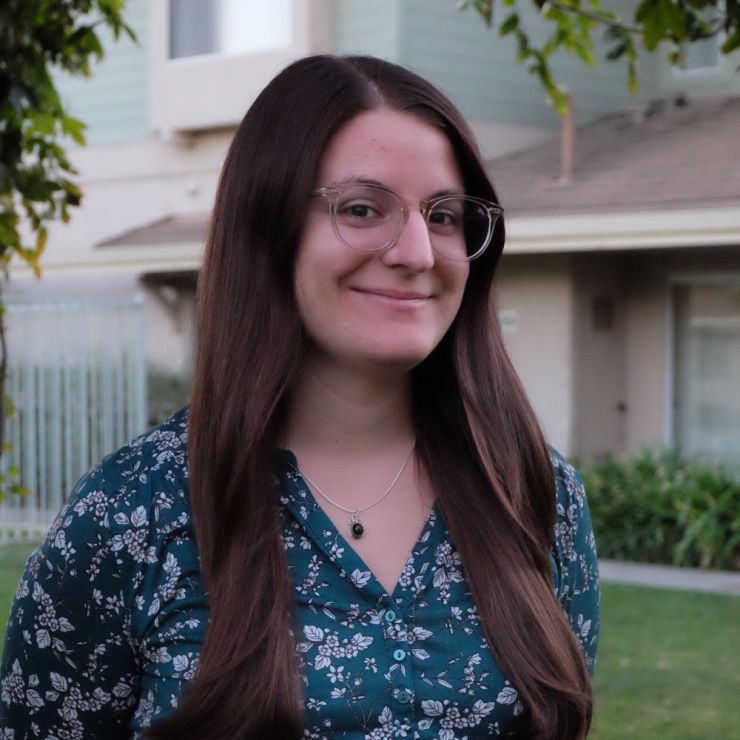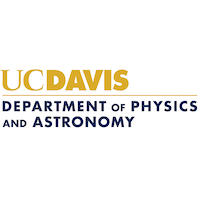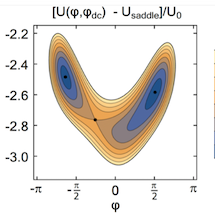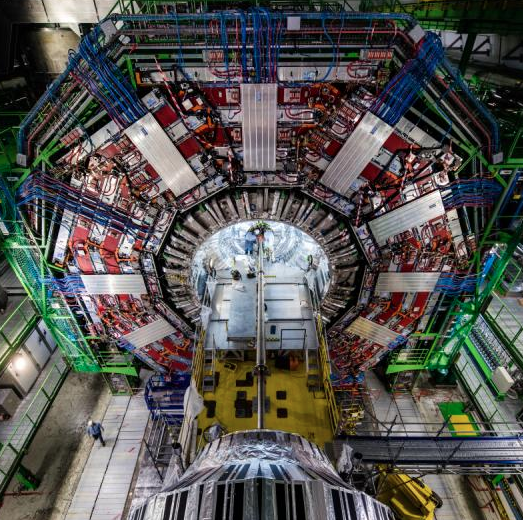
Professor Manuel Calderón de la Barca to be featured speaker at TELUS World of Science webinar
Prof. Manuel Calderón de la Barca will be the featured speaker at a webinar hosted by TELUS World of Science, in Edmonton, Canada. The webinar will focus on the Giant Screen film "Secrets of the Universe", and will also feature Director Stephen Low. They will answer questions from webinar participants about the science of the film and the making of the film.








